And His Letters Grew Colder
veer
16 years ago
Related Stories

MY HOUZZHouzz TV: Love Letter to a Small Midcentury Find
A 630-square-foot 1956 home captures its owner’s heart. See it when it was new and now
Full Story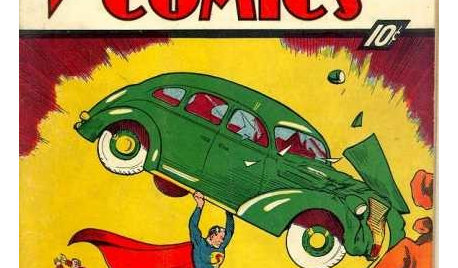
REMODELING GUIDESOne Guy Found a $175,000 Comic in His Wall. What Has Your Home Hidden?
Have you found a treasure, large or small, when remodeling your house? We want to see it!
Full Story
HOUZZ TOURSHouzz Tour: A Compact Bungalow Makes Room for Growing Kids
When their 1927 Spanish bungalow began to shrink as their kids grew, the Roskins added square footage and more entertainment space
Full Story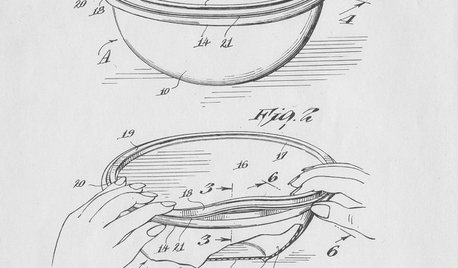
FEATURESHow Tupperware’s Inventor Left a Legacy That’s Anything but Airtight
Earl S. Tupper — and his trailblazing marketing guru, Brownie Wise — forever changed food storage. His story is stranger than fiction
Full Story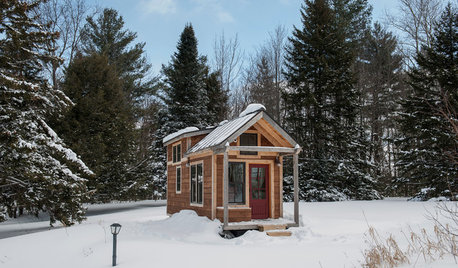
TINY HOUSESHouzz Tour: A Custom-Made Tiny House for Skiing and Hiking
Ethan Waldman quit his job, left his large house and spent $42,000 to build a 200-square-foot home that costs him $100 a month to live in
Full Story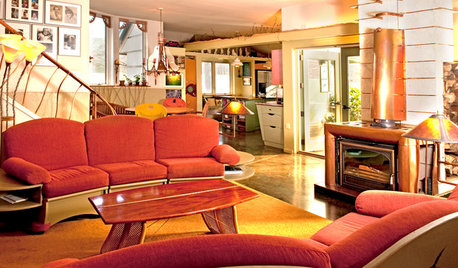
HOUZZ TOURSMy Houzz: Joyful, Earth-Conscious Home in Vermont
An architect blends green construction, fine craftsmanship and profuse art in his dream home near Vermont's Lake Champlain
Full Story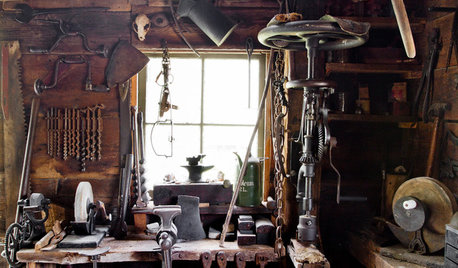
STUDIOS AND WORKSHOPSMy Houzz: Step Inside a Blacksmith’s Home Workshop
See how this New York homeowner repurposed an old structure to use as his blacksmithing hobby space
Full Story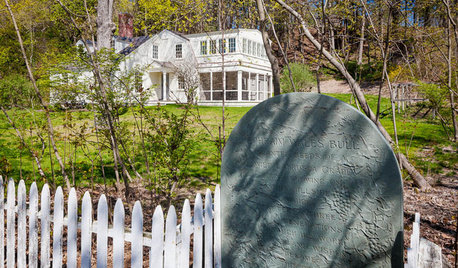
TRADITIONAL HOMESHouzz Tour: Historic Concord Grapevine Cottage’s Charms Restored
This famous property had fallen on hard times, but passionate homeowners lovingly brought it back
Full Story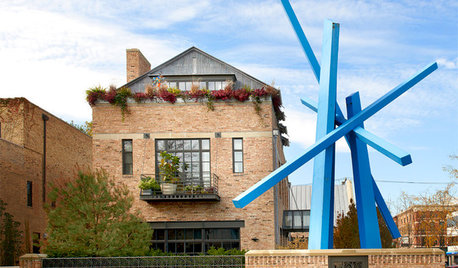
ECLECTIC HOMESHouzz Tour: Wild Ideas in the Windy City
When bold art meets great architecture and interior design, something wonderful happens
Full Story
HOUZZ TOURSHouzz Tour: Designer's Eclectic Co-op in Manhattan
Variety in colors, textures and styles, along with flea market finds and built-ins, suits a one-bedroom apartment beautifully
Full Story


woodnymph2_gw
anyanka
Related Discussions
when using grew or second hand water
Q
colder than usual, fruit ok?
Q
MANURE on figs in colder climates??
Q
RE: CLXXII....Cool and colder
Q
lemonhead101
rosefolly
veerOriginal Author
yoyobon_gw
woodnymph2_gw
janalyn
friedag
janalyn
veerOriginal Author
ccrdmrbks
cindydavid4
friedag
janalyn
cindydavid4
friedag
georgia_peach
veerOriginal Author
pam53
friedag
friedag
cindydavid4
friedag
ccrdmrbks
cindydavid4
veerOriginal Author
friedag
veerOriginal Author
friedag
veerOriginal Author
rosefolly
friedag